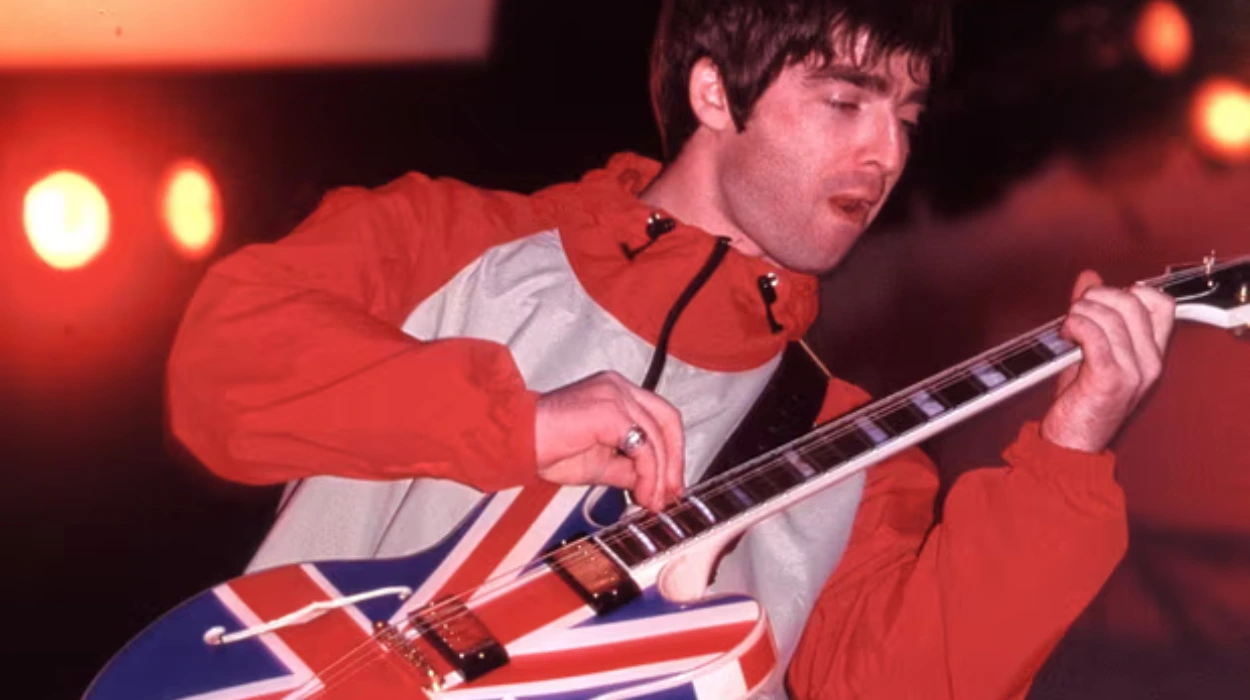After 15 years of public feuding, Liam and Noel Gallagher have reunited Oasis for a UK and Ireland tour, triggering nostalgia among fans. For many, this marks a return to the heyday of Britpop and simpler times. However, I find this enthusiasm perplexing, as I believe Oasis has been one of the most damaging forces in recent British pop culture.
Musically, Oasis has often been criticized for their regressive sound, seemingly turning back the clock rather than pushing it forward. But the deeper issue lies in their promotion of outdated social attitudes. I recall attending the Q Awards in 2000, where Liam Gallagher heckled Robbie Williams and Kylie Minogue with derogatory remarks, revealing a troubling attitude towards diversity and respect. This wasn’t an isolated incident; in 2016 and 2018, Liam used homophobic slurs on social media.
Noel has also shared problematic views, disparaging artists from other genres and expressing disdain for political figures like Ed Miliband and Jeremy Corbyn. More recently, he labeled Prince Harry a “woke snowflake,” highlighting a reluctance to engage with progressive ideas.
Despite claims that the Gallaghers represent the “voice of a generation,” this narrative often overlooks their regressive perspectives. They are celebrated by a segment of society that often leans towards nationalism and conservative politics, evidenced by the prominence of such themes among their fan base.
Critics in the media frequently downplay these issues, portraying Noel as a “legend” and Liam’s remarks as harmless banter. However, this view neglects the broader implications of their messages. The notion that they serve as the authentic musical mouthpiece for the working class is misleading; many other artists, like Pulp and the Manic Street Preachers, address class politics without resorting to harmful stereotypes.
The argument to separate the art from the artist often surfaces in discussions about Oasis, but this becomes complicated when the music itself lacks merit. Oasis’s sound, often described as plodding and uninspired, fails to engage listeners meaningfully. Their lyrics, once seen as clever, have devolved into clichés that lack depth.
In summary, while the Gallagher brothers’ return may be met with celebration from some, it’s essential to critically examine what they represent. Oasis’s music, combined with their outdated views, raises questions about the cultural legacy they are leaving behind.


